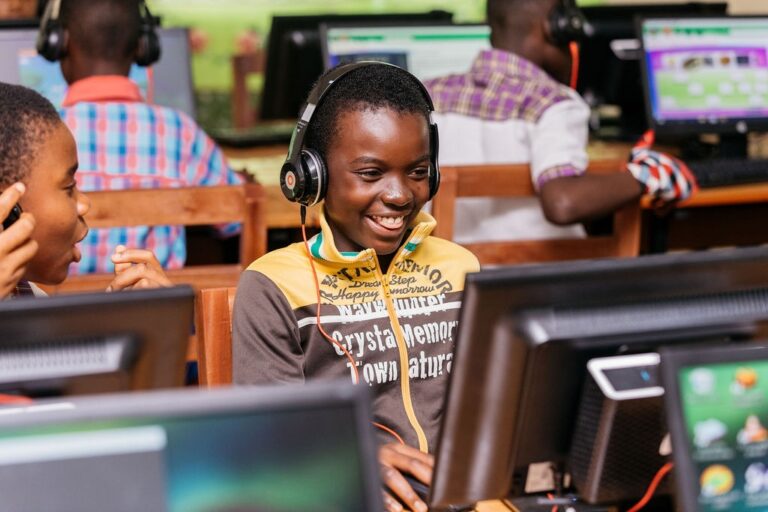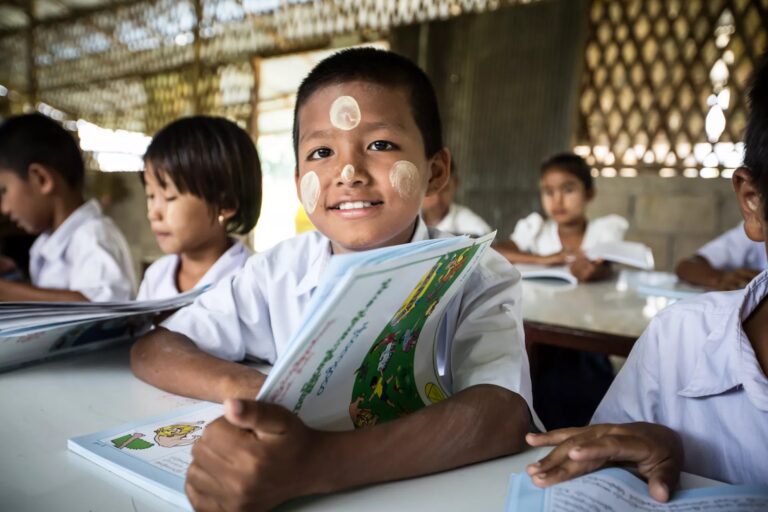Story Source: WFXR FOX ~ Go to Original Article
RICHMOND, Va. (WFXR, Capital News) — About 1.3 million students across Virginia went back to school after summer vacation. But for Alison Hatter’s three children, this didn’t require getting on a bus or even going outside. Instead, their classroom is the kitchen of the family’s home in Floyd County.
“We usually wake between 6-7 a.m., and we aim to start at 9 a.m. at our kitchen table, where we read our Bible, pray, then begin our table work,” said Hatter, an artist who grew up and still lives in the Blue Ridge Mountains of Southwest Virginia. She home-schools her three children, ages 8, 11 and 14.
The Hatter children are among more than 43,500 students statewide who study at home instead of attending a public or private school. It’s an increasingly popular option for families: The number of home-schoolers in Virginia has grown more than 20% over the past five years…...……………………..



![[Preliminary Report] CRNA Collaborative Research for Exploring Factors Nurturing"Happy and Resilient" Children among Asian Countries](https://equity-ed.net/wp-content/uploads/2024/09/1725672182698.jpg)


